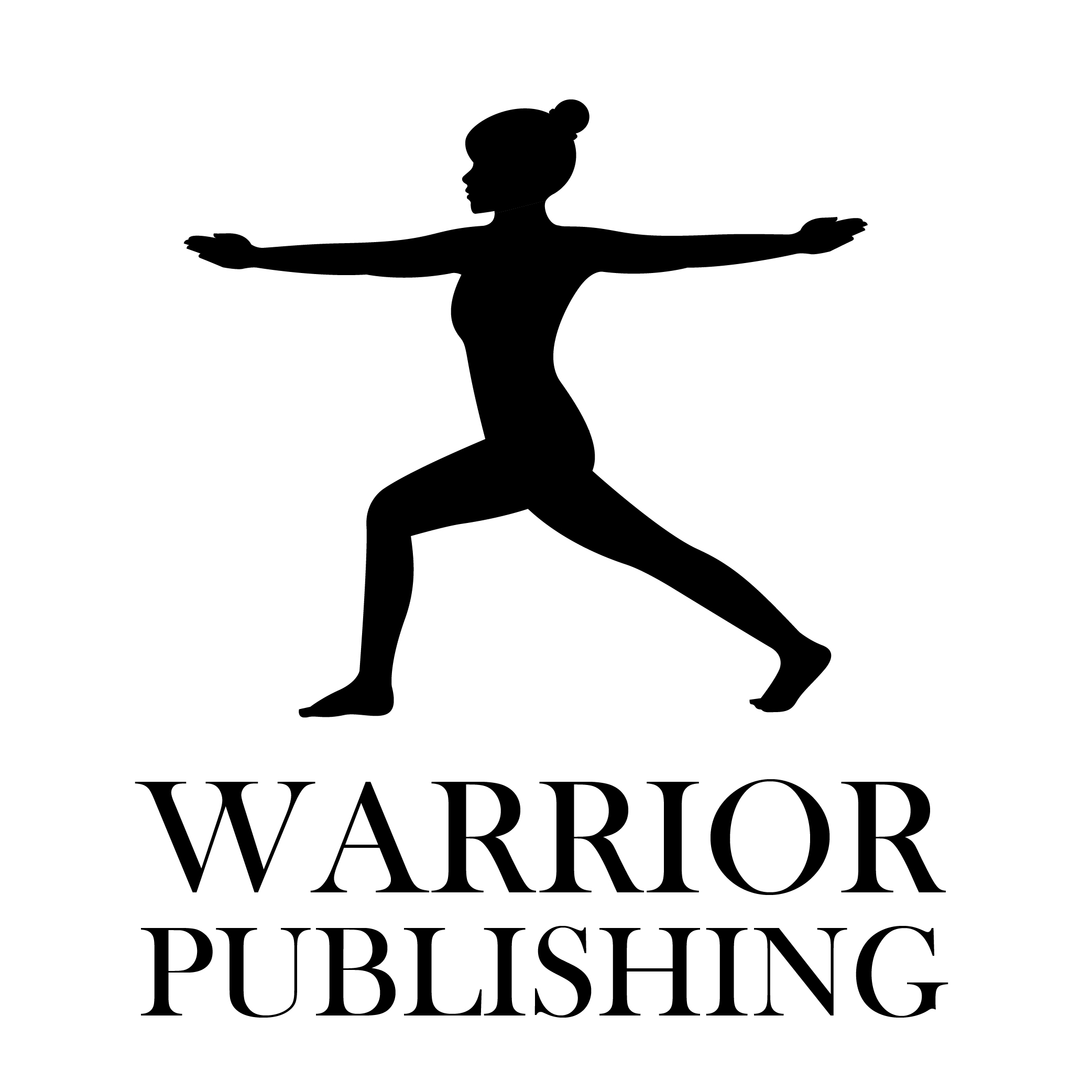If you’re like more high achievers, you might cringe at the idea of doing nothing. You have too much to do and not enough time as it is. You might think, “I can’t afford to take a break to rest and recharge.”
Here’s the juice. If you don’t sprinkle in some down time, you will burn out. It’s just a matter of time.
Perhaps you already are experiencing burnout. If that’s you, you’re likely already feeling the impact on your physical and mental health, relationships, and work performance.
In this blog post, we’ll explore the benefits of doing nothing and provide you with actionable tips to help you rest your way to recovery from burnout.
Why R.E.S.T. is Essential for Recovering from Burnout
I get it. Your to-do list is a mile long. You’re overwhelmed with everything you have on your plate. I’ve been there. I feel like that too sometimes.
But here’s what I also know. Without incorporating rest into my daily routine, I’m not able to keep going. My muscles get too stiff, I become tired, it’s harder to focus, and when I let it go too long, I feel disconnected from my purpose. Sound familiar?
So yes, resting is a paradoxical concept when it comes to productivity. But it works.
Resting can help you recharge your batteries, replenish your energy, and refocus your attention. Taking a break can also help you gain perspective, reevaluate your priorities, and find new inspiration. In addition, rest can improve your physical health, reduce stress levels, and boost your immune system. So many benefits!
If you’re still not convinced, here are 4 reasons why rest is essential for preventing and recovering from burnout:
1) Recovery from stress: Rest is important to help you bounce back from the stress you’ve accumulated throughout the day. It’s a little mental break in the action.
2) Energize your body: Rest helps you physically recover the energy you’ve expended at work and get back to baseline.
3) Sharpen your focus: One of the symptoms of burnout is brain fog, which makes it hard to focus. You can not only avoid burnout but sharpen your mental clarity with rest, a time to clear your mind and improve your critical thinking and problem solving.
4) Think creatively. The role of creativity in burnout prevention is critical, and rest plays a significant part in promoting creative thinking. When you rest, you allow your mind to wander and daydream, which can help promote creativity and new ideas. On the flip side, when you lack creativity, you are at higher risk of burnout due to boredom, disengagement, and a sense of monotony in the workplace. By incorporating rest and creativity into your life, you can promote mental clarity, engagement, and satisfaction, which can help prevent burnout and maintain your overall well-being.
How to Rest Your Way to Recovery from Burnout
Now that you understand why resting is crucial to help you avoid and recover from burnout, the question is, what are the best strategies to rest?
Let’s explore some actionable tips to help you prioritize rest and relaxation, so you can feel rejuvenated and ready to take on the world. Whether you’re struggling with physical or emotional burnout, these tips will help you take the necessary steps towards recovery. So, sit back, relax, and let’s dive into the power of doing nothing.
TIP #1: Schedule Regular Breaks
Regardless of what your version of rest looks like, you need to make a deliberate effort to carve out time from your busy schedule to take breaks and engage in activities that promote relaxation and rejuvenation. Being intentional about taking regular breaks is essential for preventing burnout and promoting self-care.
It’s important to decide in advance when you’ll take a break and how long you’ll take. Honor those commitments to yourself just as you would honor commitments to others. Treat your break time as a non-negotiable self-care activity, rather than an afterthought or something you’ll fit in if you have time. It’s important to realize that taking a break is not a waste of time, but an investment in your mental and physical health. When you rest, you allow yourself the opportunity to recharge and refocus, leading to increased productivity, creativity, and overall well-being.
One effective strategy is to schedule regular breaks throughout your day, week, and month. For example, you might schedule a 15-minute break every 90 minutes during your workday to step away from your computer, stretch your legs, and take some deep breaths.
It’s also important to give yourself permission to take time off from work altogether. This might mean taking a few days, a week, or even a month-long sabbatical to focus on your physical, mental, and emotional well-being.
TIP #2: Practice Mindfulness
When it comes to burnout recovery, rest and mindfulness go hand in hand. Mindfulness is the practice of being fully present in the moment and observing your thoughts and feelings without judgment. It can be a powerful tool for managing stress and preventing burnout. By incorporating mindfulness into your rest and relaxation routine, you can improve your mental and physical well-being and recover from burnout more quickly.
Meditation is one way to put mindfulness into practice. While there are various types of meditations that could benefit you, a meditation that focuses on the breath entering and exiting your nostrils or on physiological sensations as you scan your body, can allow the mind to become calm and quiet. It can be a powerful tool for reducing stress and promoting relaxation.
Just when it seems like you’re not doing anything, you are shifting your focus from things that you perceive to be stressful like work, to your experience in the here-and-now.
TIP #3: Prioritize Sleep
Rest is a crucial element in recovering from burnout, and one of the best ways to get rest is by prioritizing sleep. Too often, high achievers think, “I’ll sleep when I’m dead.” That may be true, but without adequate sleep on a regular basis, your mind and body cannot perform optimally.
Here’s why sleeping while you’re alive is non-negotiable: Adequate sleep helps to reduce stress, lower blood pressure, and boost our immune system. When we don’t sleep, we are more likely to burn out and when that happens we might just end up in a vicious cycle of fatigue and exhaustion.
To break this cycle, you need to set a regular sleep schedule and stick to it, even on weekends. It also means creating a sleep-conducive environment, such as keeping your bedroom cool, dark, and quiet, and avoiding stimulating activities before bedtime, like exercise, watching TV, or using other electronic devices.
The truth is, you probably work hard enough already. Don’t you deserve a break?
Conclusion
In a world that often glorifies productivity and busyness, it can be difficult to slow down and allow ourselves to rest. But as we’ve seen, doing nothing can be a powerful tool in the recovery from burnout. By giving yourself permission to rest and recharge, you can prevent further burnout and even boost your productivity and creativity. Remember, taking breaks doesn’t mean you’re lazy or unproductive. In fact, it’s essential for your well-being and long-term success.
To summarize, here are the three actionable tips we discussed for incorporating more rest into your life:
- Schedule regular breaks throughout the day and prioritize them as you would any other important task.
- Practice mindfulness to refocus your mind from work and other thoughts that are weighing you down to the here-and-now.
- Prioritize your sleep on a regular basis. You wouldn’t think twice about charging your phone when its battery is low. You shouldn’t think twice about charging your own low battery.
—————————-
Want me to speak to your organization about managing stress? Check out my keynote, “Make Stress Your Superpower.”
—————————-
Do you want to get my Burnout Checklist for free?
I’ve created a checklist to help you identify signs of burnout and steps to take to get immediate results. Curious?
Click here to get the checklist.
Author

Dr. Sharon Grossman, AKA the Burnout Doc, is a clinically trained psychologist and subject matter expert in burnout and mental health. Associations and Fortune 500 companies hire her to be their closing keynote speaker, to help their members and executives crack the code on burnout, and create custom-tailored solutions for recovery.
Over the past 20 years, Dr. Sharon has been helping high achievers who are struggling with anxiety, overwhelm, and burnout go from exhausted to extraordinary by better understanding how their brain works and how they can design and run their programming on purpose to live the kind of life they want to live. She is the author of several books on burnout and mindset and host of the Decode Your Burnout podcast. Through her speaking, training, and coaching, she helps organizations keep their top talent.


Recent Comments